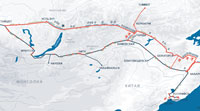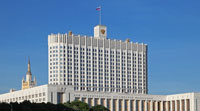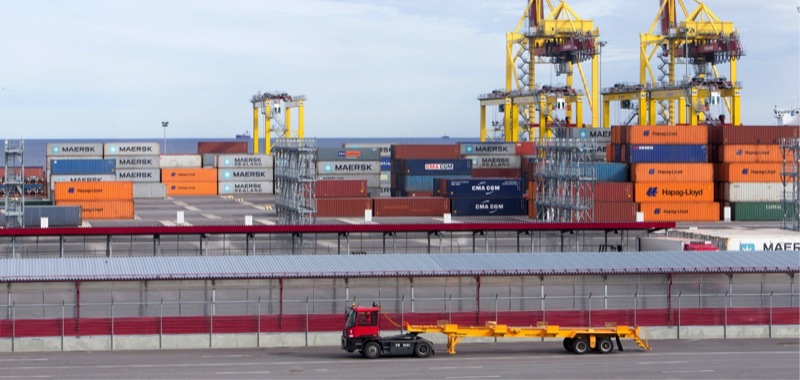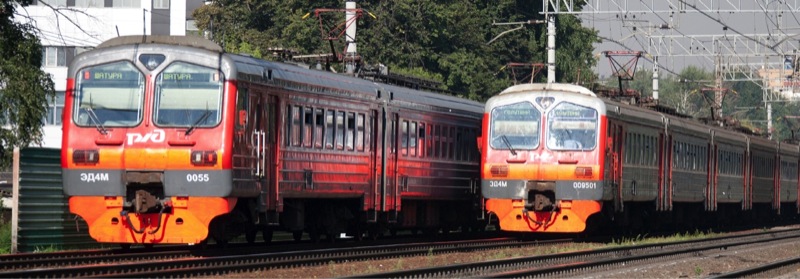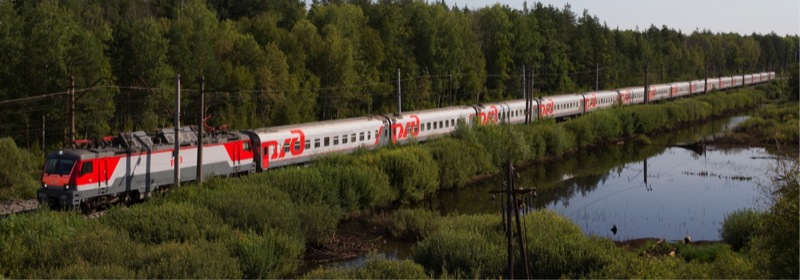One of the most important areas of tariff regulation in 2014 involved preparations for the signing of the Eurasian Economic Union Treaty, which took effect in January 2015. The signing of the Treaty finalised the establishment of a regulatory legal framework to ensure the execution of the international treaties of the Russian Federation on WTO accession and the establishment of the Common Economic Space as regards defining approaches for the implementation of the tariff policy on railway transportation.
In accordance with the Eurasian Economic Union Treaty, tariffs for railway transportation via the territory of Treaty member nations are unified by transportation mode (export, import and domestic) and a procedure has been established to set tariffs on transit freight shipments via the territory of Treaty member nations.
A unified tariff in the national currency under Section 2 of Price List No.





